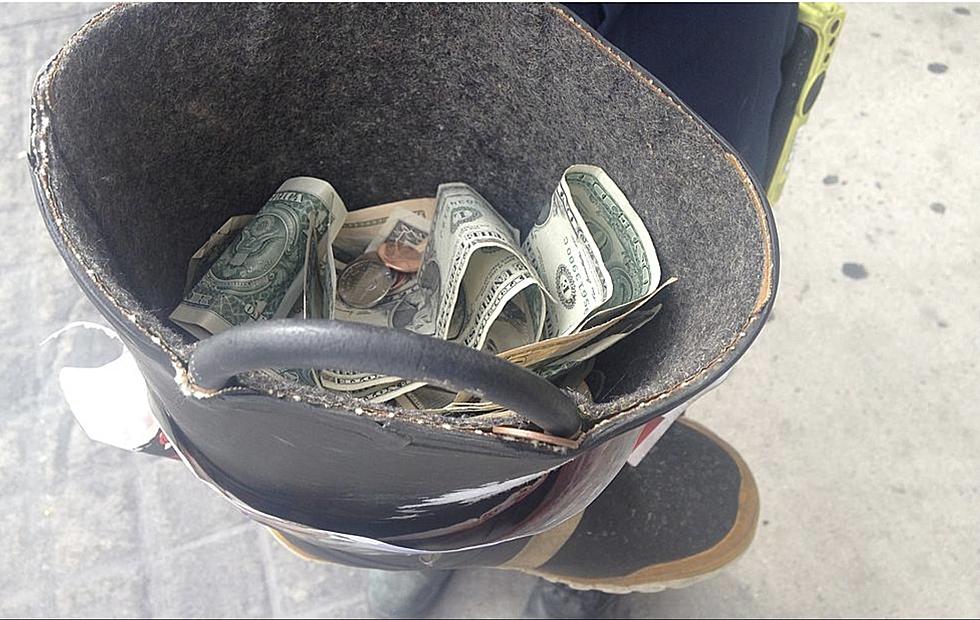
Cancer Survivor: Get Tested, for Your Family’s Sake
Don’t tell colon cancer survivor Robert Webster that it's a disease that only strikes people over 50. His daughter was also diagnosed with the disease...and that happened when she was just 20. That's why Webster is volunteering as a spokesperson for the American Cancer Society about the importance of recognizing symptoms, understanding risks, and getting screened.
"If you’ve had a history of it in your family, particularly at younger ages, both my grandmother and mother had it at age 36, your likelihood to have it at an early age is much stronger."
While normal screening starts at age 50, Webster says he and his family got tested much younger. And there are symptoms such as blood in the stool, a change in bowel habits, and abdominal pain that merit a check with a doctor. Then, Webster says, there's prevention.

"And that’s to maintain a healthy weight, to watch what you eat - eat a healthy diet, don’t eat too much red meat for example; avoid smoking, and be reasonable on alcohol consumption."
March is Colorectal Cancer Awareness Month, and the A-C-S says there's proof early detection, better treatments and healthier lifestyles are working, because colorectal cancer rates have dropped significantly over the past decade. Even so, the Wyoming Department of Health lists it as the second-leading cancer cause of death.
More From K2 Radio





![Pre-existing Conditions Plan Available In Wyoming [AUDIO]](http://townsquare.media/site/101/files/2011/01/hc-reform-janine-sanchez-getty.jpg?w=980&q=75)

